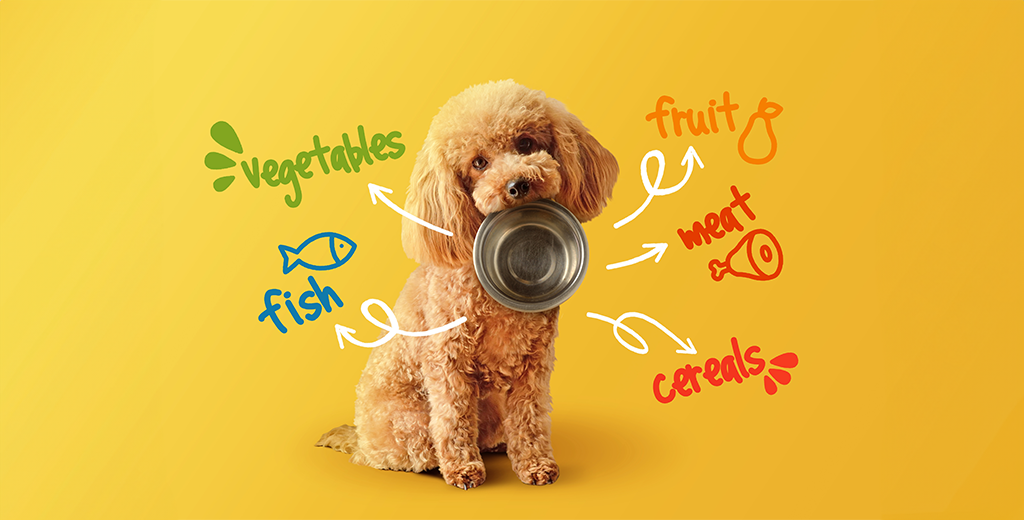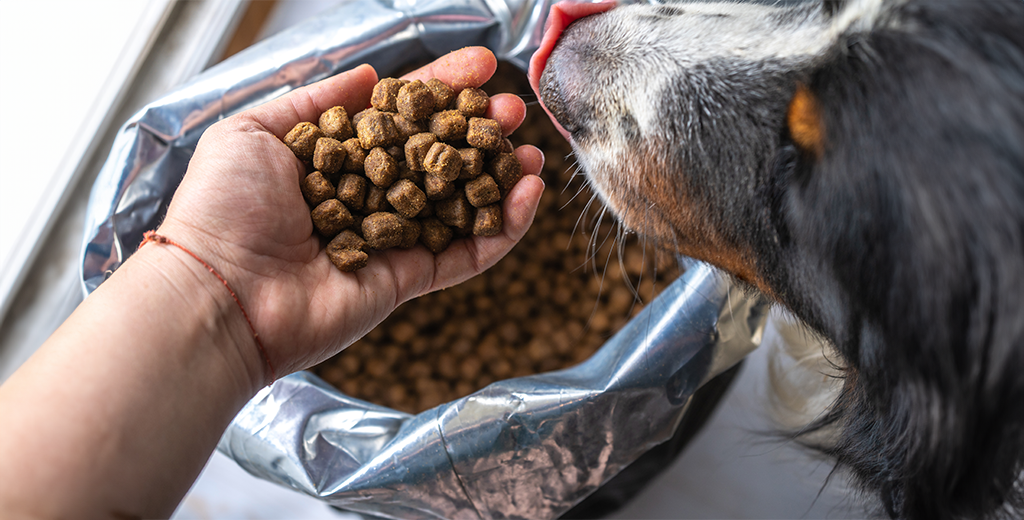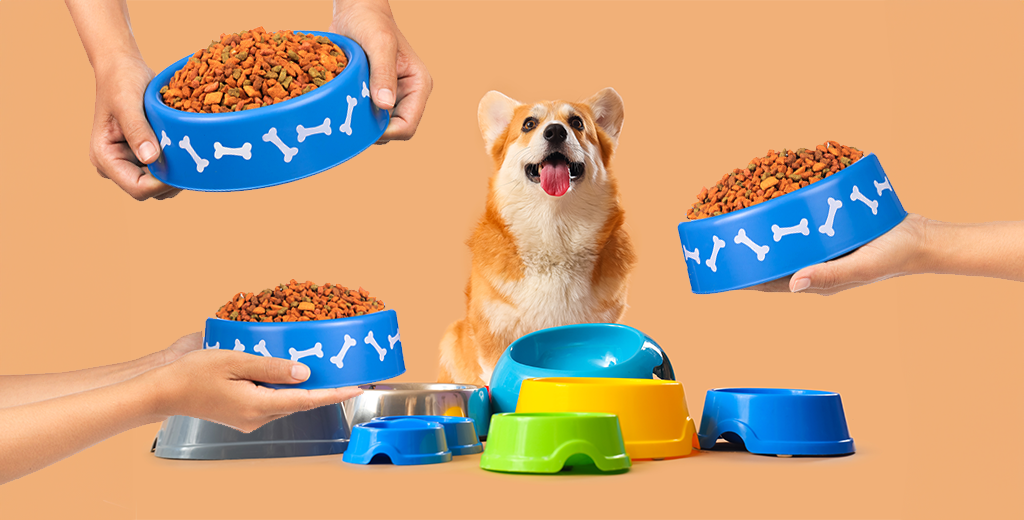Selecting the right dog food is crucial for your furry friend’s health and happiness. With countless options available, it can be overwhelming to determine which one is best for your dog. Here are some essential factors to consider when picking out dog food.
1. Nutritional Needs
Dogs have different nutritional requirements based on their age, size, breed, and activity level. Puppies, adult dogs, and seniors all have varying dietary needs. Look for food that meets the AAFCO (Association of American Feed Control Officials) standards, which ensures the food is nutritionally complete and balanced for your dog’s life stage.

Key Nutrients to Look For:
- Proteins: Essential for growth, maintenance, and energy. High-quality sources like chicken, beef, or fish should be prioritized.
- Fats: Important for energy and healthy skin and coat. Omega fatty acids are beneficial for overall health.
- Carbohydrates: Provide energy and help with digestion. Whole grains or vegetables are preferable.
- Vitamins and Minerals: Ensure the food contains essential vitamins and minerals for overall well-being.
2. Ingredients Quality
Read the ingredient list carefully. High-quality dog food typically lists a specific protein source as the first ingredient, followed by whole grains or vegetables. Avoid foods with vague terms like “meat by-products” or fillers such as corn and soy.

3. Dog’s Specific Needs
Every dog is unique, and some may have specific dietary requirements due to health conditions or allergies. If your dog has food sensitivities, look for hypoallergenic formulas or limited-ingredient diets.
Considerations:
- Allergies: If your dog has known allergies, consult your vet for a suitable food.
- Weight Management: If your dog is overweight, look for weight management formulas that are lower in calories but still nutritionally balanced.
4. Life Stage and Size
Different life stages and sizes of dogs require tailored nutrition. For instance, small breeds may need calorie-dense food to support their high energy levels, while larger breeds may benefit from diets that promote joint health.
Product Types:
- Puppy Food: Rich in protein and calories for growth.
- Adult Dog Food: Balanced for maintenance.
- Senior Dog Food: Often lower in calories, with added joint support.
5. Brand Reputation and Transparency
Choose reputable brands that provide clear information about their sourcing and manufacturing processes. Brands that conduct feeding trials or have veterinary nutritionists on staff are often more reliable.
Research:
- Customer Reviews: Check reviews and testimonials from other pet owners.
- Certifications: Look for brands with certifications from recognized organizations.
6. Consult Your Veterinarian

Always consult your veterinarian before making significant changes to your dog’s diet, especially if you’re considering homemade diets or switching to a new commercial food. They can provide personalized recommendations based on your dog’s health status.
Conclusion
Choosing the right dog food is a vital part of responsible pet ownership. By considering your dog’s specific needs, the quality of ingredients, and consulting professionals, you can ensure your furry friend stays healthy and happy.
Top Recommendations:
- Inuk Shuk: Known for high-quality ingredients and performance nutrition, ideal for active dogs.
- Purina Pro Plan 30/20: Offers a balanced diet with high protein and fat content, perfect for sporting breeds.
- Eukanuba: Tailored formulas for various life stages and breed sizes, promoting overall health and well-being.
Investing time in selecting the right food will pay off in your dog’s long-term well-being.



